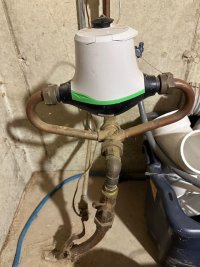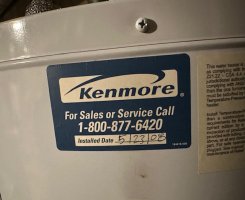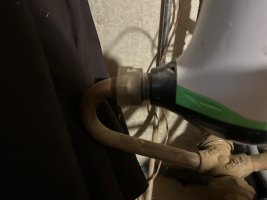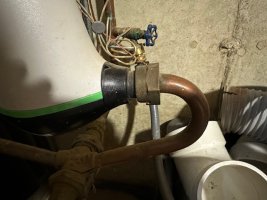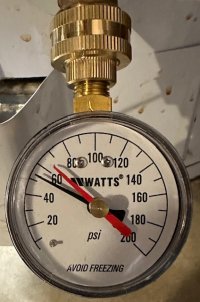caryamark
New Member
Hello,
I am a DIYer and had a couple plumbing questions that are probably easy for you guys. First offf I have a 16 year old water heater and I don’t have any problems at all with it, but should there really be an expansion tank on it to be set up properly as well as to meet code if required. I have read that they are necessary for “closed systems” but I am not sure how to identify this based on the pipes entering my home, but I do completely understand what is meant by a “closed system”. I have attached a pic of what is entering my home in the basement The house was built in 1990 and never had an expansion tank on the first water heater.
Second, is it just wise to just replace a 16 year old water heater since I consider that old and isn’t it basically to the end of its life where there is a potential for a leak as well as I am sure it’s not as efficient as it once was with some sediment buildup. Thanks in advance for your help!!
I am a DIYer and had a couple plumbing questions that are probably easy for you guys. First offf I have a 16 year old water heater and I don’t have any problems at all with it, but should there really be an expansion tank on it to be set up properly as well as to meet code if required. I have read that they are necessary for “closed systems” but I am not sure how to identify this based on the pipes entering my home, but I do completely understand what is meant by a “closed system”. I have attached a pic of what is entering my home in the basement The house was built in 1990 and never had an expansion tank on the first water heater.
Second, is it just wise to just replace a 16 year old water heater since I consider that old and isn’t it basically to the end of its life where there is a potential for a leak as well as I am sure it’s not as efficient as it once was with some sediment buildup. Thanks in advance for your help!!

